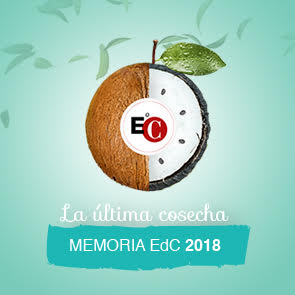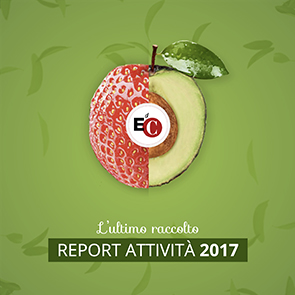El primer motivo para el nacimiento y la existencia de la Economía de Comunión es la pobreza. La EdC nace como un intento de respuesta a los estridentes contrastes económicos y a las desigualdades que caracterizan la sociedad contemporánea, con el objetivo de hacerla más justa y fraterna.
La EdC no trata de eliminar la pobreza tout court, sino más bien de erradicar la “miseria”, palabra que describe la forma de pobreza que todavía “sufren” millones de personas en el mundo, dando valor a otra forma de pobreza: la que “eligen” los empresarios, consumidores, ciudadanos… que deciden renunciar a algo propio y usar los bienes con sobriedad, elegirlos de forma responsable, con la idea de que “los bienes […] se convierten […] en caminos de felicidad solo si se comparten con otros” (Bruni 2004).
Desde este punto de vista, la miseria derivada de la falta de bienes materiales y su posible solución están estrechamente conectadas con la promoción de una serie de condiciones (educación, salud, trabajo, vivienda…) que permiten el “florecimiento” de los seres humanos.
Entre estas condiciones, destaca de forma especial la calidad de las relaciones que se viven. En la visión de la EdC las relaciones se entienden como un capital fundamental para el desarrollo humano.
Esta idea implica una forma original de entender las estrategias de lucha contra la miseria, que se aplican en los proyectos que la EdC sostiene y promueve: las estrategias se diseñan con el fin de evitar que se instauren formas asimétricas de ayuda – como ha ocurrido muchas veces a lo largo de la historia – en las que quien tiene da a quien no tiene situando al receptor en una posición de inferioridad y alimentando relaciones de dependencia.
Antes bien, las estrategias de lucha contra la miseria llevadas a cabo por la EdC dan valor a las relaciones de reciprocidad, donde cada persona puede ofrecer la riqueza que lleva consigo, situando a todos en un mismo plano de igual dignidad, como hermanos y miembros de una misma familia.

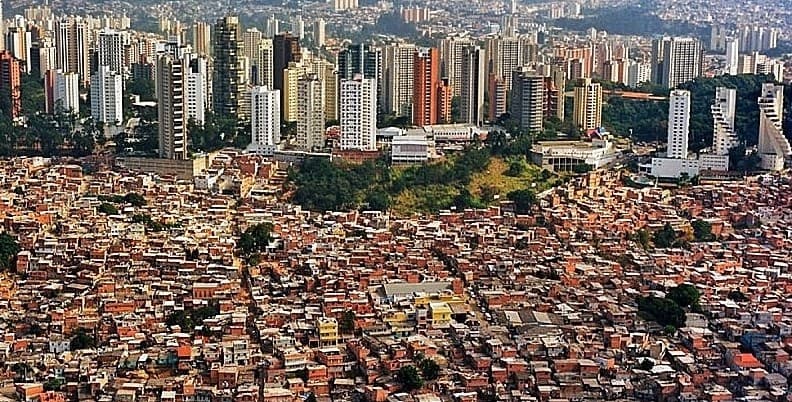


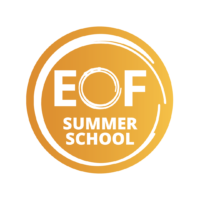 a number of relevant field trips and cultural events.
a number of relevant field trips and cultural events. 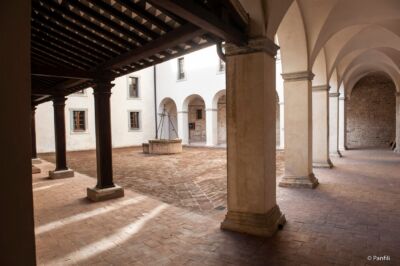 The EoF Summer School will offer high formation on the conceptual and practical pillars of the Economy of Francesco. The programme offers a focus on the topics of commons. With the third millennium, we have now entered the era of common goods: if we continue to think and act like we are the owners and masters of the earth, of the environment, of the oceans, we will only end up destroying them. We must quickly learn to make use of goods without being their masters, and master the art of using and ‘making use of’ them, without ownership, just like St. Francis. What if the economy of the sine proprio was that of the era of common goods? Will it be the oikonomia of Francis that will save both us and the earth in the end?
The EoF Summer School will offer high formation on the conceptual and practical pillars of the Economy of Francesco. The programme offers a focus on the topics of commons. With the third millennium, we have now entered the era of common goods: if we continue to think and act like we are the owners and masters of the earth, of the environment, of the oceans, we will only end up destroying them. We must quickly learn to make use of goods without being their masters, and master the art of using and ‘making use of’ them, without ownership, just like St. Francis. What if the economy of the sine proprio was that of the era of common goods? Will it be the oikonomia of Francis that will save both us and the earth in the end?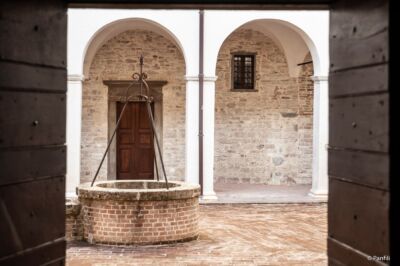 Cancellation policy:
Cancellation policy:

